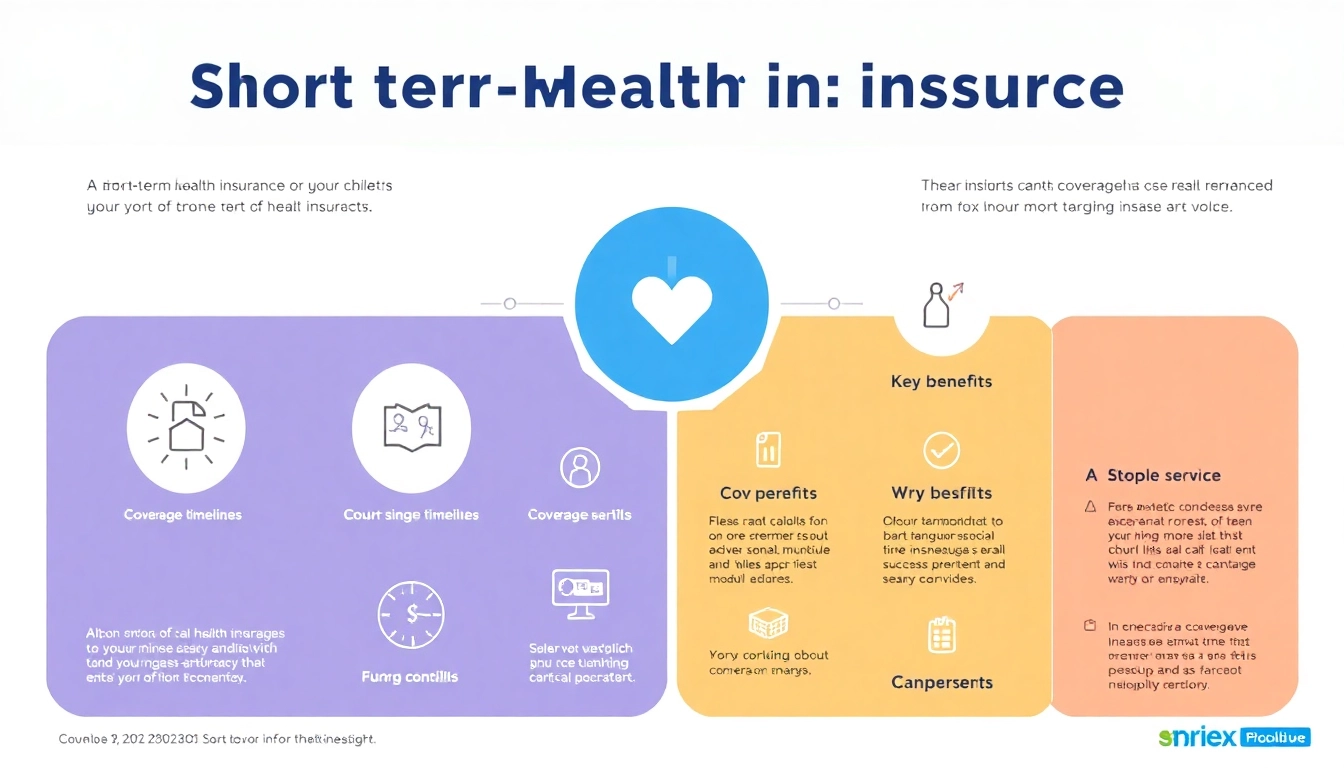Understanding AI Medical Assistants
What is an AI Medical Assistant?
An AI medical assistant is a sophisticated software tool powered by artificial intelligence, designed to support healthcare professionals in various administrative and clinical tasks. Leveraging machine learning and natural language processing, these assistants can handle tasks ranging from patient scheduling and information management to aiding in diagnosis by analyzing patient data and providing evidence-based recommendations. By simulating human interaction, they revolutionize the way healthcare services are delivered, enhancing efficiency and patient care.
History and Evolution of Medical AI
The concept of integrating AI into healthcare can be traced back to the early 20th century with the development of expert systems. However, it wasn’t until the late 1990s and early 2000s that significant advancements began to materialize, coinciding with the rise of digital health records. The evolution continued with the advent of big data and machine learning, which allowed for more sophisticated algorithms capable of learning and improving over time. Today, AI medical assistants are at the forefront, showcasing real-time capabilities, voice recognition, and predictive analytics that enhance patient care and streamline healthcare workflows.
Core Functions of AI Medical Assistants
The core functions of AI medical assistants are multifaceted, designed to address the diverse needs of healthcare professionals and patients alike:
- Patient Engagement: AI assistants enhance patient interaction by offering instant responses to queries, providing medication reminders, and facilitating appointment scheduling.
- Data Management: They can manage and analyze patient data, consolidating information from various sources to provide a comprehensive view of patient health.
- Administrative Support: By automating repetitive tasks such as documentation and billing, AI medical assistants reduce the administrative burden on healthcare staff.
- Clinical Decision Support: They assist healthcare providers by offering evidence-based recommendations, thus improving diagnostic accuracy and treatment plans.
Benefits of Using AI Medical Assistants
Improving Patient Interaction
One of the most significant benefits of deploying AI medical assistants is the enhancement of patient interaction. These AI-powered tools can provide 24/7 support, answering questions about symptoms, medications, and treatment processes, effectively enhancing patient engagement. By providing timely and relevant information, they build trust and improve satisfaction, leading to better healthcare experiences.
Reducing Administrative Workload
Healthcare environments are notorious for their daunting administrative workloads. AI medical assistants relieve this strain by automating routine tasks such as appointment scheduling, billing, and documentation. As a result, medical staff can redirect their efforts towards more significant patient-related tasks, thereby improving overall efficiency and productivity in healthcare facilities.
Enhancing Diagnostic Accuracy
AI medical assistants equip healthcare providers with advanced diagnostic tools that analyze patient data to identify health risks and suggest potential interventions. For example, machine-learning algorithms can sift through vast datasets to detect patterns in patient symptoms and historical data, facilitating more accurate diagnoses that traditional methods may overlook. This capability significantly enhances the quality of care provided to patients, leading to better health outcomes.
Challenges in Implementing AI Medical Assistants
Data Privacy Concerns
The integration of AI in healthcare inevitably raises challenges regarding data privacy. Patient information is highly sensitive, and the use of AI tools must comply with strict regulations such as HIPAA in the U.S. Ensuring data security during the interaction with AI medical assistants is paramount to maintaining patient trust and adhering to legal standards.
Integration with Existing Systems
Another significant challenge lies in integrating AI medical assistants with existing healthcare systems. Many facilities rely on legacy systems that may not support the advanced features of modern AI technologies. This can lead to compatibility issues, disrupted workflows, and potential data silos. Effective implementation requires a thorough understanding of current system architectures and careful planning to ensure seamless transitions.
User Acceptance and Training
The successful adoption of AI medical assistants largely depends on the acceptance of healthcare providers and staff. Resistance to change, often rooted in fear of job loss or mistrust of technology, can hinder implementation efforts. Comprehensive training that emphasizes the benefits of AI tools and offers hands-on experience is crucial for overcoming these barriers and ensuring that staff are comfortable and proficient in using the technology.
Case Studies of AI Medical Assistants in Action
Success Stories from Hospitals
Several hospitals and healthcare systems have successfully implemented AI medical assistants, showcasing transformative benefits. For instance, a large urban hospital introduced an AI-driven triage system that reduced patient wait times by 30% and improved patient satisfaction scores significantly. This system utilized machine learning algorithms to prioritize cases based on urgency and complexity, ensuring that critically ill patients received prompt attention.
Administrative Efficiency Gains
A community health center that adopted an AI medical assistant for administrative tasks reported a 40% reduction in scheduling errors and a 25% increase in overall productivity. By automating appointment confirmations and follow-ups, healthcare staff could focus on patient care rather than administrative tasks, thereby enhancing the quality of service delivered.
Impact on Patient Outcomes
Evidence shows that integrating AI medical assistants into clinical practice can lead to improved patient outcomes. In a pilot project, a healthcare facility utilized an AI assistant to monitor chronic disease patients between visits. This initiative resulted in a 50% decrease in hospital readmissions over a six-month period, demonstrating the potential of AI tools not just in efficiency but also in enhancing health conditions and catch potential complications early.
The Future of AI Medical Assistants in Healthcare
Innovations on the Horizon
The landscape of AI medical assistants is rapidly evolving with ongoing advancements in technology. Future innovations may include more intuitive voice-activated systems that facilitate natural conversations, improved predictive analytics to forecast patient needs, and expanded language support for non-English speaking populations. Additionally, virtual and augmented reality might play a role in enhancing training for AI assistants, further bridging the gap between technology and healthcare professionals.
Potential New Roles in Healthcare
As AI medical assistants become increasingly integrated into healthcare practices, new roles may emerge that combine clinical expertise and technological understanding. Healthcare providers might evolve into “AI supervisors,” where their job functions would involve overseeing the AI’s operations, interpreting its recommendations, and ensuring compliance with ethical standards. Moreover, roles focused on AI system management and maintenance will become critical to sustaining optimal performance.
Long-term Implications for Patient Care
Long-term, the presence of AI medical assistants has the potential to reshape patient care radically. By enhancing diagnostic capabilities, streamlining administrative tasks, and improving interactions between patients and healthcare providers, these technologies can lead to a healthcare system that is more efficient, accessible, and patient-centered. As the technology continues to advance, the ultimate goal will be to leverage AI in a manner that complements human capabilities, ensuring that the human touch remains at the heart of patient care.



